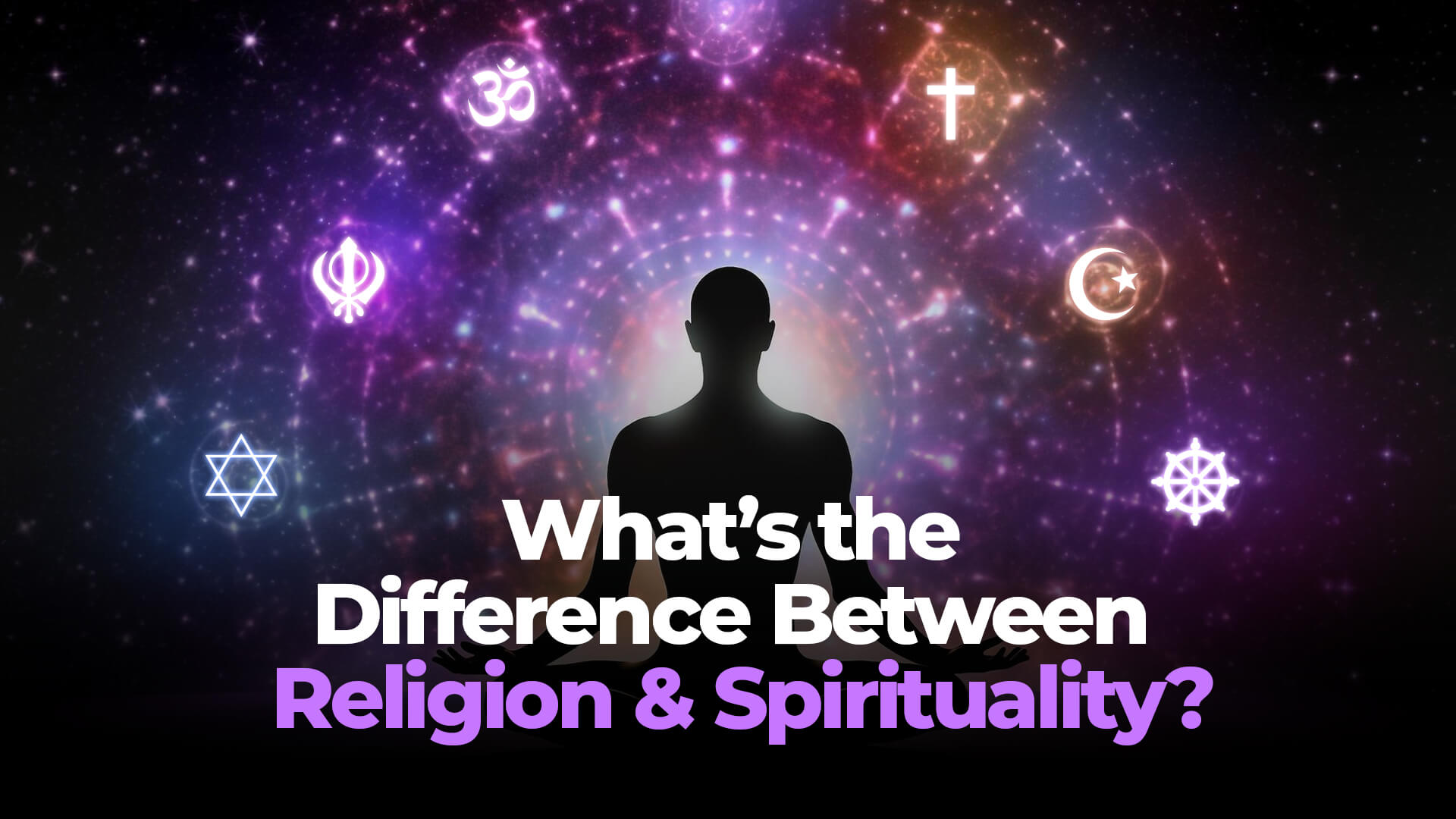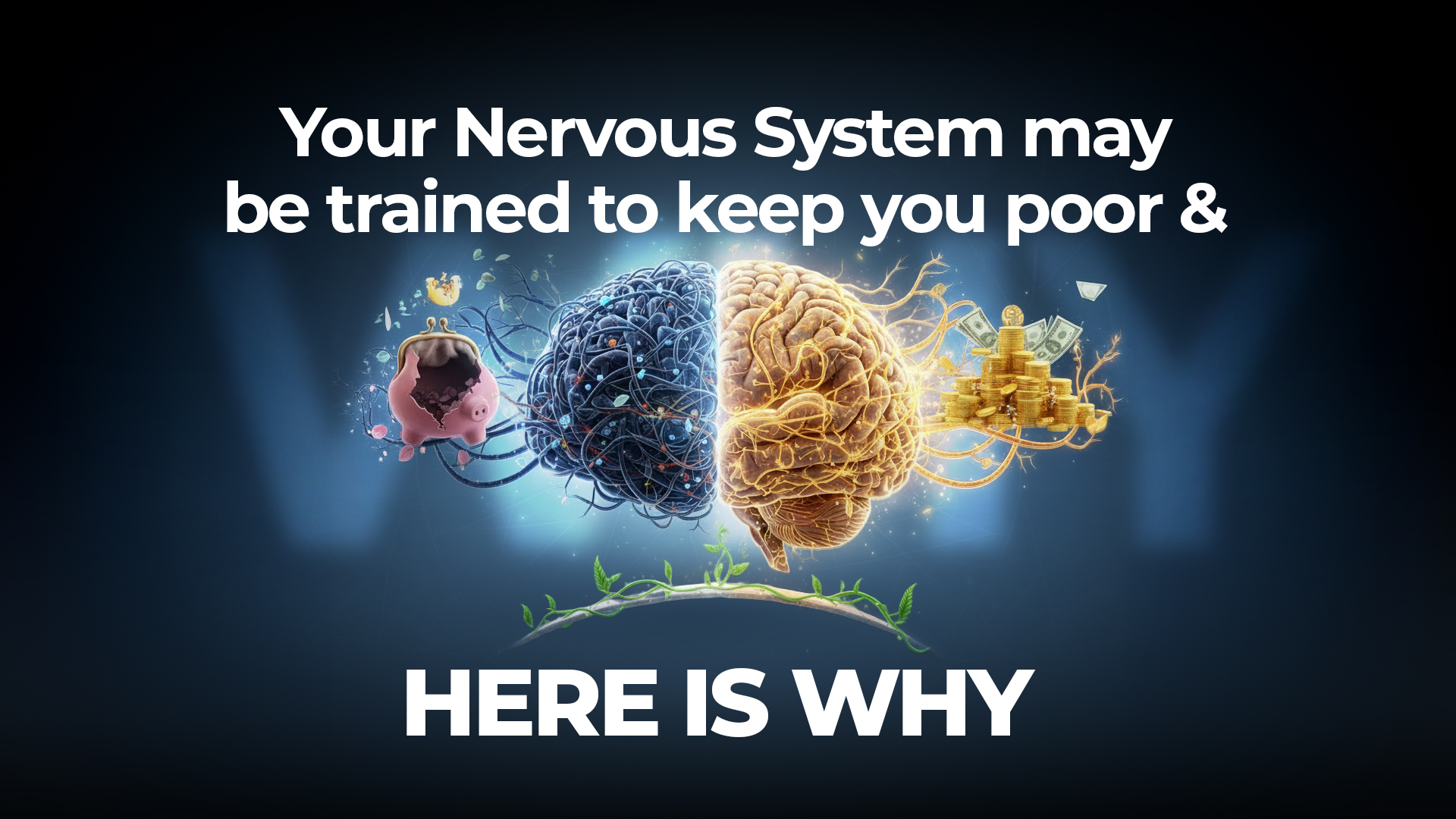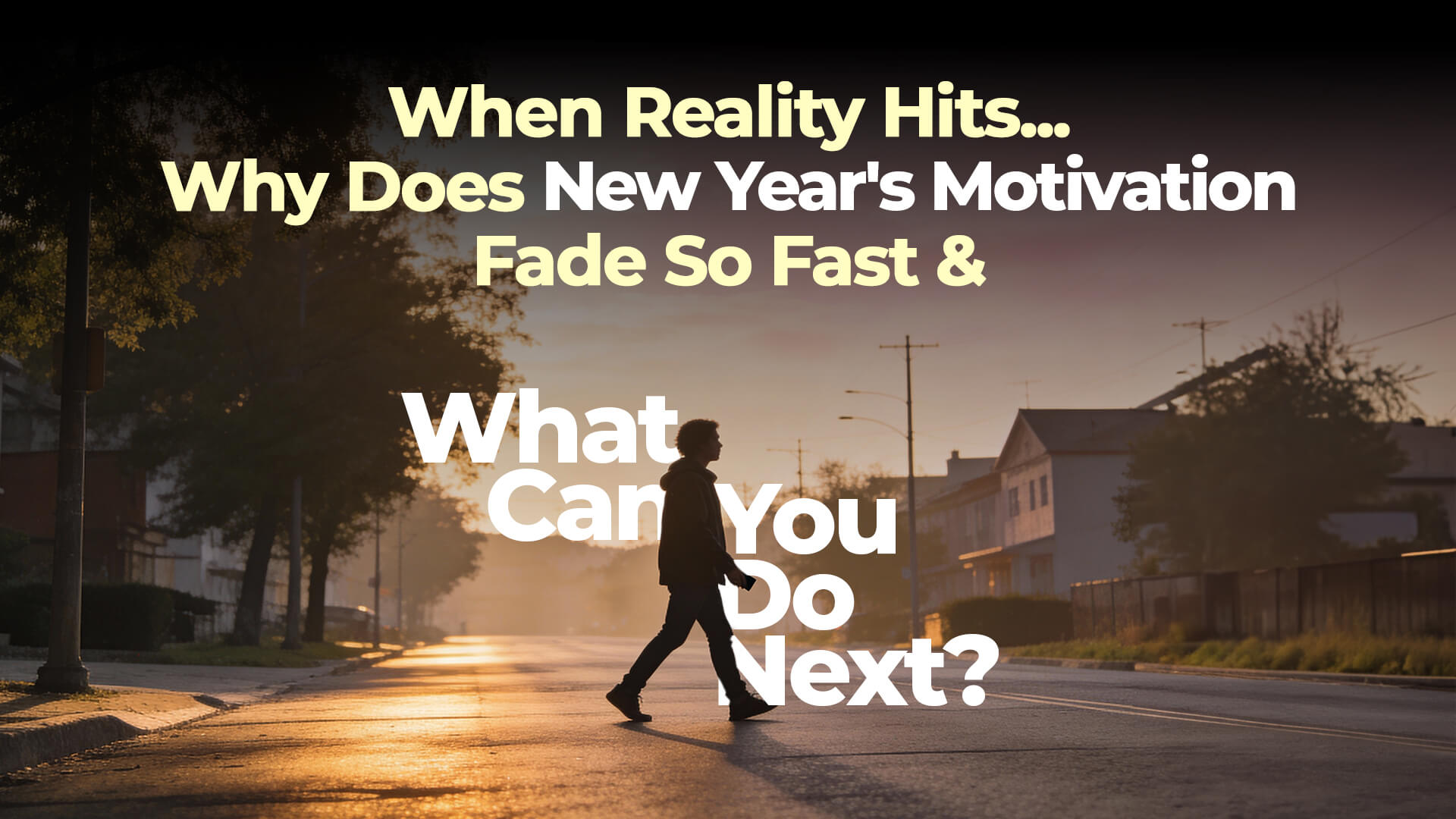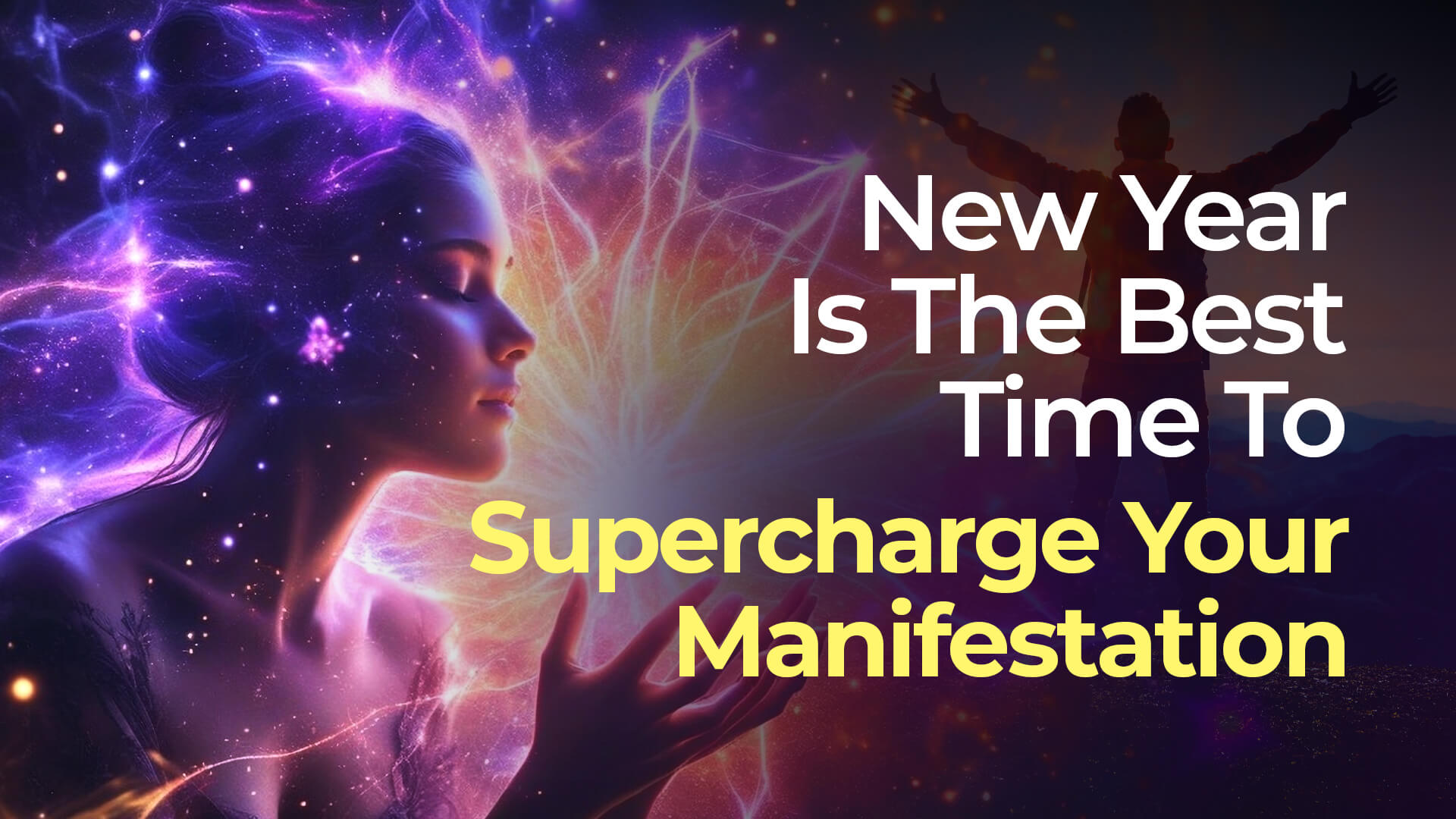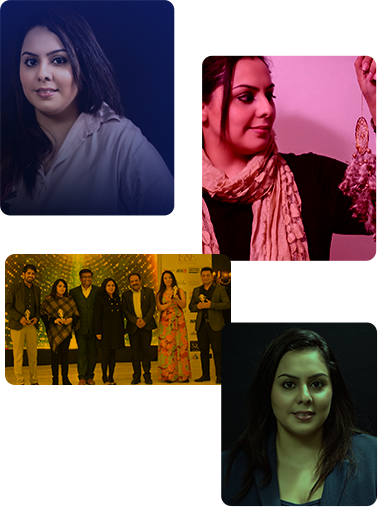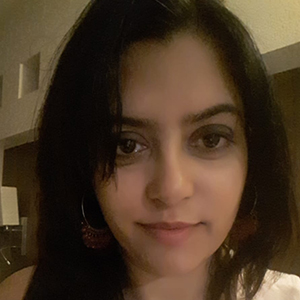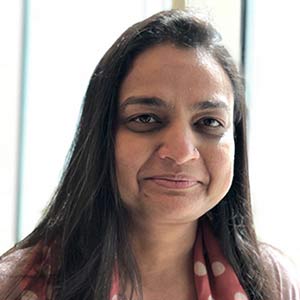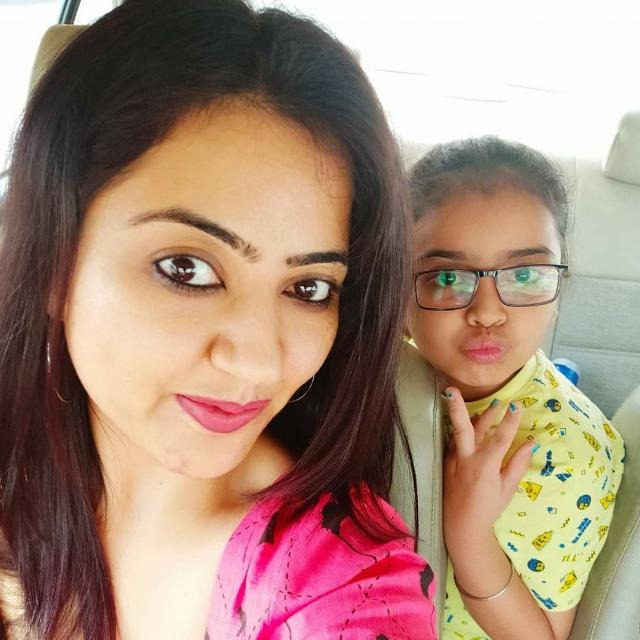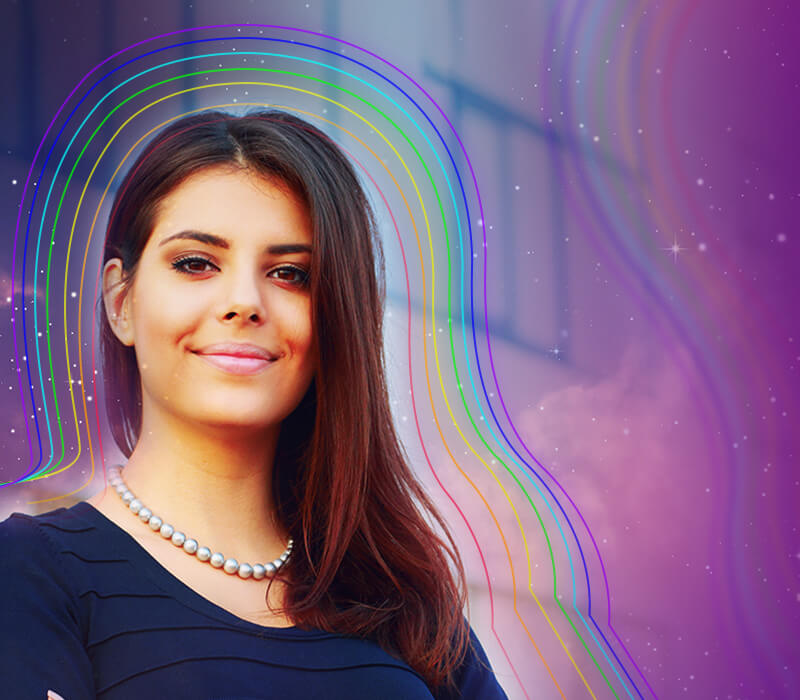Have you ever thought why lighting a diya in a temple feels different from the peace you find on a solitary hike? Or why chanting at a temple stirs something within you while meditation alone brings just as much calm?
You’re not alone!
Many of us find ourselves balancing traditional worship with personal spirituality, questioning which truly nourishes our souls. Sometimes, we seek the structure of a service; other times, we crave the insight of personal reflection.
In today’s world of spiritual apps, online worship, and self-help books, it can be hard to distinguish between religion and spirituality. So, what separates them, and why does it matter for your journey toward meaning and healing?
In this post, you’ll discover:
- How organized faith provides community and wisdom
- Why personal practices offer freedom and growth
- The overlap between both paths that brings peace and purpose
- Simple ways to engage with meditation, chakra balancing, and energy healing, regardless of your spiritual path
By the end, you’ll gain clarity on your search for connection and learn how Gateway of Healing’s services can support your unique blend of religion and spirituality. Let’s dive in!
Defining Religion and Spirituality
-
Religion
- An organized system of beliefs, rituals, and moral codes
- Centers on a higher power: God, gods, or ultimate reality
- Guided by sacred texts and community leaders
- Examples: weekly services, prayer groups, sacramental rites
-
Spirituality
- A personal journey of inner exploration and connection
- May include belief in a higher power or universal energy
- Driven by your own experience rather than strict doctrine
- Examples: meditation, mindfulness, chakra balancing, journaling
4 Key Differences Between Religion and Spirituality
-
Structure vs Freedom
- Religion offers clear steps: prayers at set times, seasonal festivals, and communal worship.
- Spirituality gives you the freedom to create your own practices: morning meditation, silent nature walks, angel healing sessions.
-
Community vs Individual Path
- Religious life often means belonging to a congregation or faith group.
- Spiritual seekers may connect in small circles, meditation groups, or healing circles, or practice alone.
-
External Authority vs Inner Guidance
- Religion relies on scripture and clergy for guidance.
- Spirituality invites you to trust your intuition, personal insight, and direct experiences.
-
Fixed Beliefs vs Evolving Understanding
- Religious teachings can be unchanging across centuries.
- Spiritual beliefs adapt as you grow; you might explore different traditions or techniques.
Where Does Religion and Spirituality Overlap
-
Search for Meaning
-
Peace and Well-Being
-
Ethical Living
-
Transcendent Experiences
Both paths help you answer life’s big questions: Why are we here? How do I live well?
Prayer and meditation activate similar regions of the brain, reducing stress and improving focus.
Whether guided by religious commandments or personal spiritual values, compassion and kindness are common goals.
Mystical moments, feeling at one with the universe, can occur in a cathedral or during a silent retreat.
Science and Psychology of Both Paths
Researchers have measured how meditation and mindfulness benefit mental health by lowering anxiety and boosting emotional resilience. Studies also show that belonging to a faith community provides social support, which helps with coping during tough times.
- Mind-Body Connection
- Stress Relief
- Personal Growth
Practices like meditation and breathwork can change brain structure, improving attention and emotional balance.
Both weekly worship and daily spiritual practices create moments of calm that build long-term resilience.
Engaging in rituals, religious or spiritual, reinforces habits of reflection, gratitude, and forgiveness.
Brief History of the Terms
- In earlier eras, “spirituality” simply meant deep religious devotion.
- From the 1960s onward, people began exploring personal spiritual paths outside organized religions.
- Today, many identify as spiritual but not religious, drawing on yoga, energy healing, or meditation without formal membership.
Common Misconceptions
- “You can’t be both”: Many people practice religion and personal spiritual routines together.
- “Spirituality is easier”: A self-directed path demands discipline and honest self-examination.
- “Religion is restrictive”: Religions also encourage deep personal transformation and community care.
- “Spirituality lacks ethics”: Most spiritual traditions emphasize service, integrity, and compassion.
Recommended Practices for Personal Growth: Services at Gateway of Healing
At Gateway of Healing, we offer a range of energy healing services that support both your spiritual and overall well-being:
- Chakra Balancing – Harmonize your energy centers for emotional stability and renewed vitality.
- Meditation & Mindfulness – Learn techniques to calm your mind, reduce stress, and stay present.
- Angel Healing Therapy – Connect with angelic guidance for emotional healing and upliftment.
- Energy Detoxification – Clear negative energies and restore your natural balance.
- Life Coaching – Blend goal-setting with soulful guidance to achieve personal and professional growth.
Explore these services to deepen your journey, whether you identify as religious, spiritual, or somewhere in between.
Whether you cherish religious traditions, embrace a private spiritual journey, or blend both, the journey toward healing and personal growth is yours to shape.
At Gateway of Healing, we’re here to walk beside you, providing tools, guidance, and a caring community as you explore the difference between religion and spirituality and discover what resonates most for your life.
Ready to explore your own path? Try one of our guided sessions in meditation, chakra balancing, or angel healing. You’ll discover firsthand how these practices can enhance your well-being and support your search for meaning. Book a complimentary consultation at Gateway of Healing today.
FAQ
Q1: Can I follow both a religion and a personal spiritual practice?
A: Yes. Many people attend religious services for community and also maintain daily spiritual routines, like meditation or journaling, to nurture their inner lives.
Q2: Is spirituality the same as energy healing?
A: Spirituality is broader; it’s your personal search for connection and meaning. Energy healing (such as chakra balancing or energy detox) is one set of practices within the spiritual path.
Q3: Do I need a belief in angels to try angel healing therapy?
A: No. Even if you’re unsure about angels, you can experience the calming, supportive energy of an angel healing session. Many clients find comfort simply by focusing on messages of love and guidance.
Q4: How long before I notice benefits from meditation or chakra balancing?
A: Some people feel calmer and more centered after a single session. For lasting shifts in stress management, emotional balance, and energy flow, committing to regular practice daily or weekly yields the best results.
Q5: What if I’m not sure which service to start with?
A: Begin with a complimentary consultation. We’ll discuss your needs and recommend a custom plan, whether that’s meditation coaching, chakra balancing, or a combination of healing services.
Reach Dr. Chandni’s support team at +918800006786 and book an appointment.
